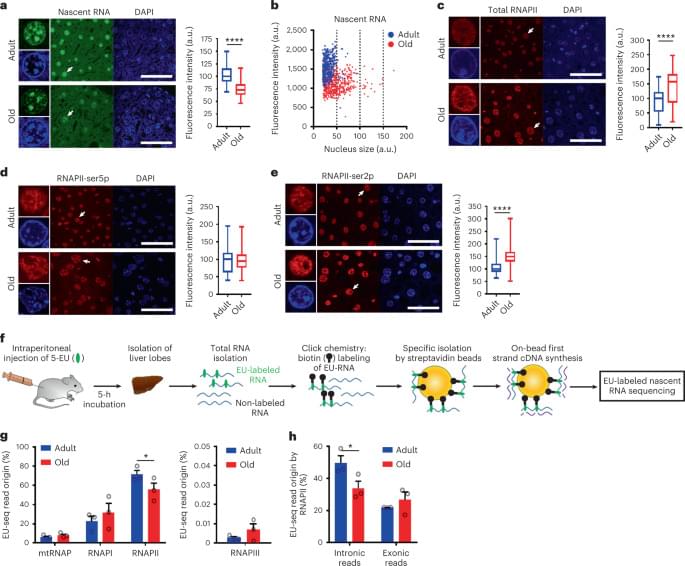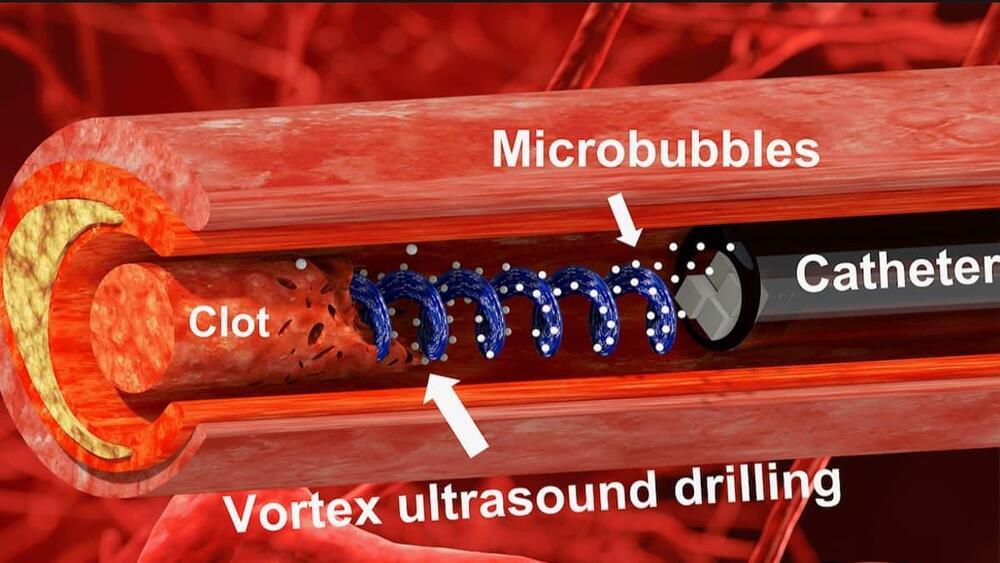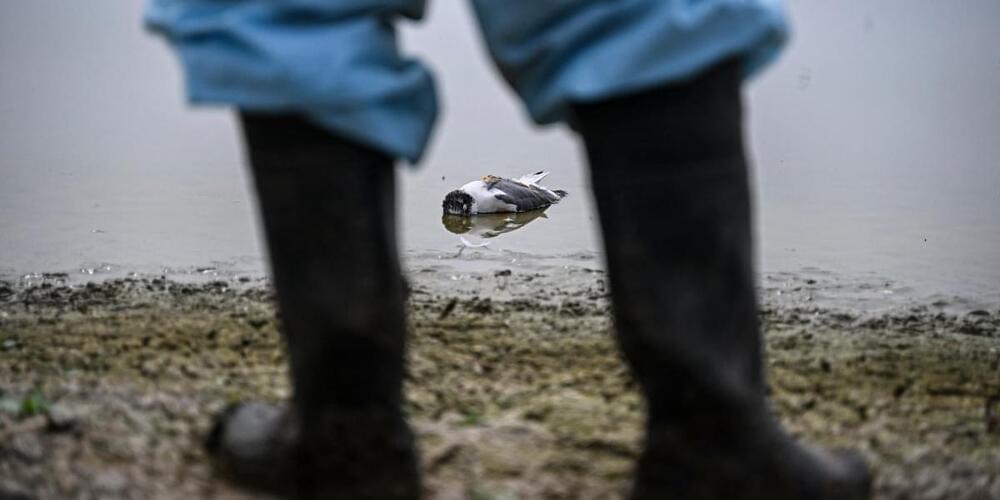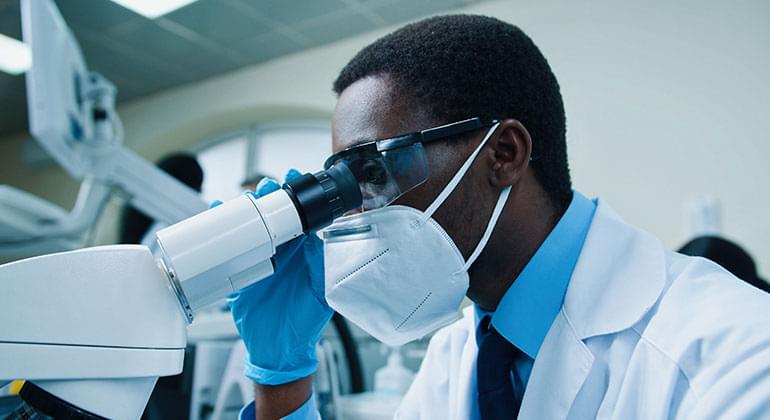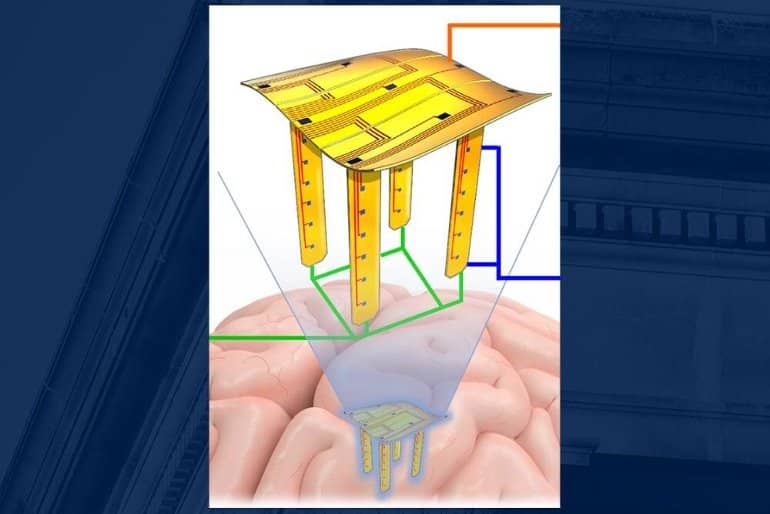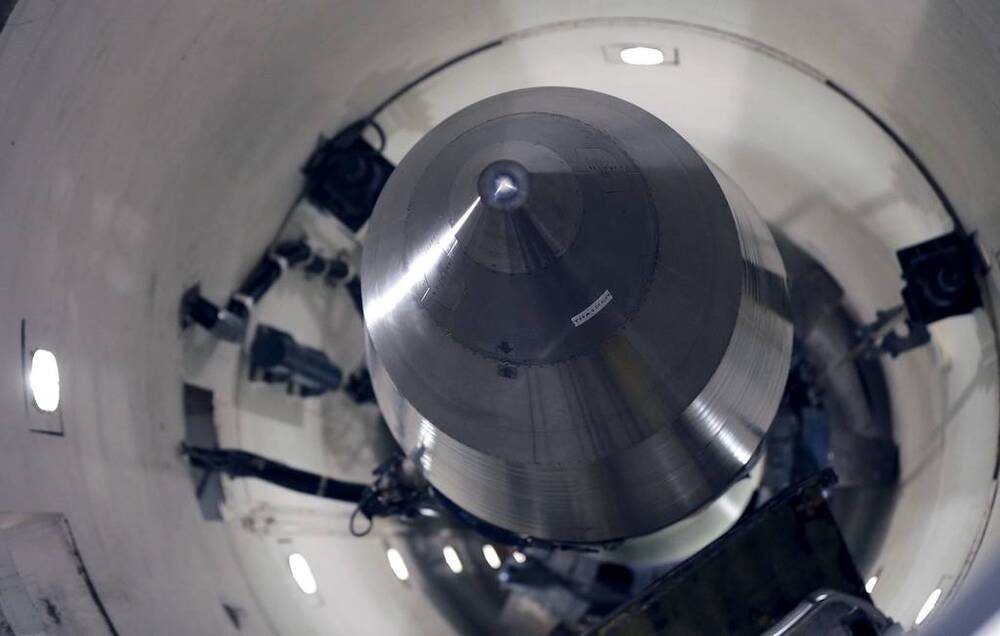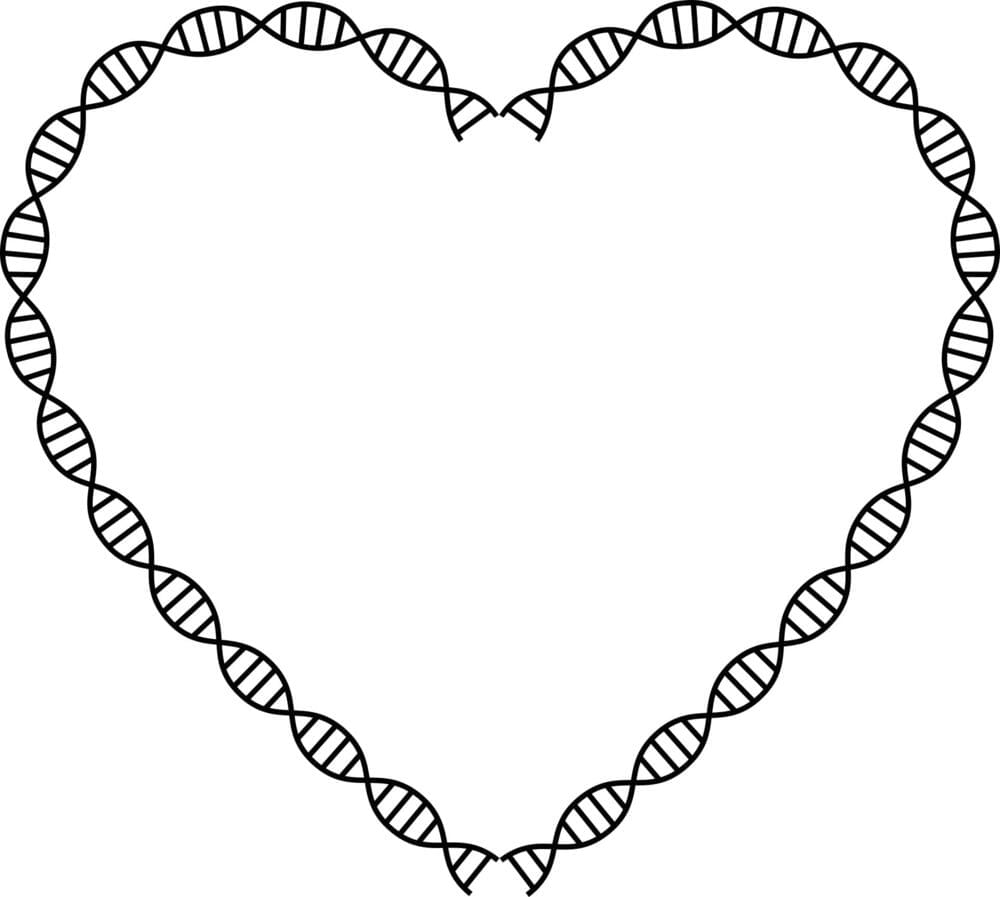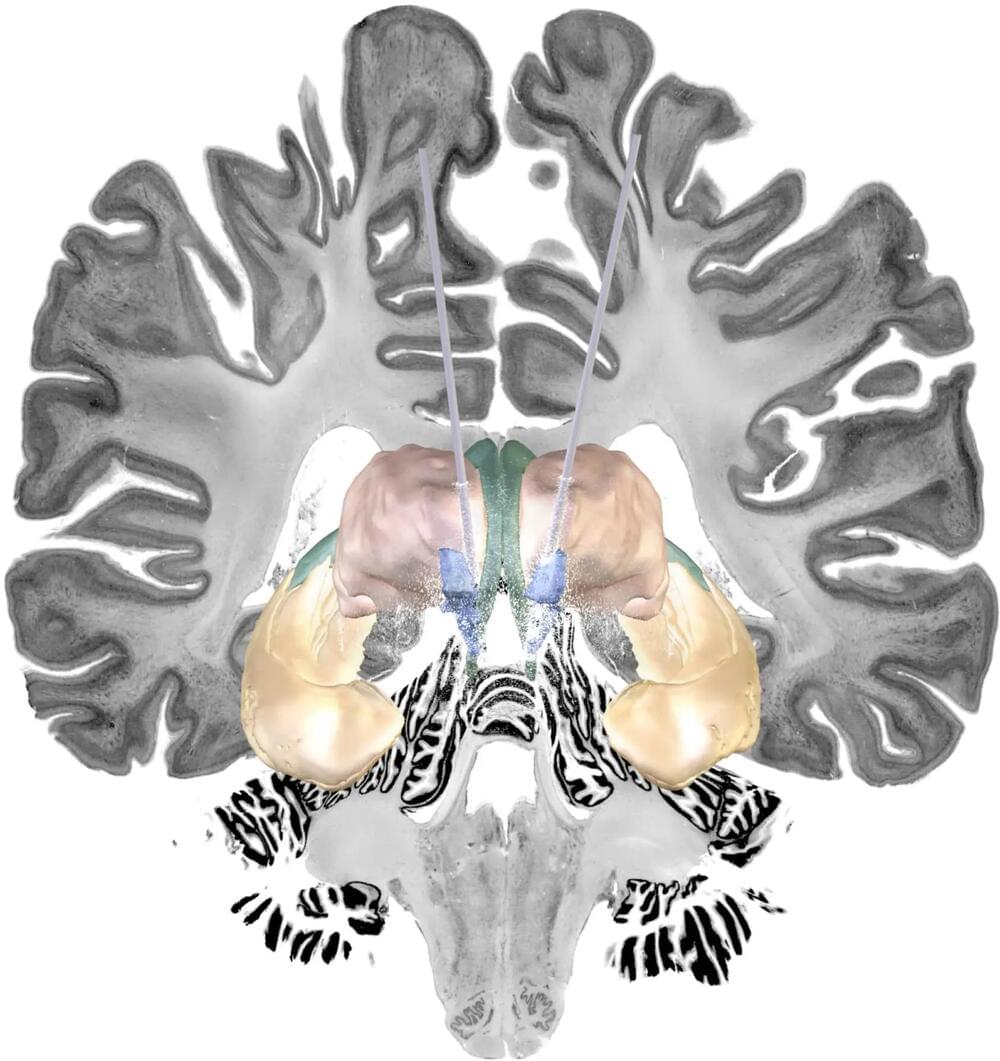The academic community is growing increasingly concerned about students using ChatGPT for less than honest purposes as it has been found to be capable of not only writing essays for high school students, but passing some exams, such as parts of those used to license doctors and grant MBAs.
In two new papers posted on preprint servers, one team and another researcher independently tested the ability of ChatGPT to take and pass exams. In the first a team with members from AnsibleHealth, Inc., Brown University and OpenAI, Inc. describe testing they did to see how well ChatGPT could do on the United States Medical Licensing Examination (USMLE) and posted their results on the medRXiv preprint server.
In the second, Christian Terwiesch, the Andrew M. Heller Professor at Wharton School of the University of Pennsylvania, has posted a paper on Wharton’s preprint site, describing how he tested the chatbot’s ability to perform on the final exam of a typical Operations Management MBA core course and what he found.

